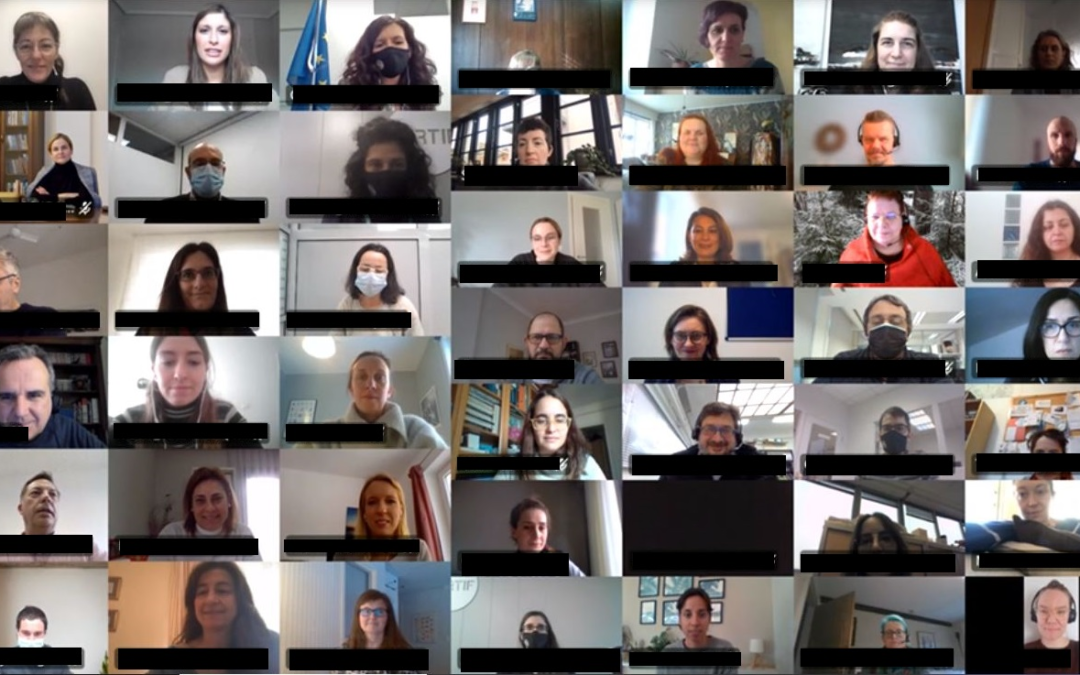On 27 and 28 January 2021, the official (virtual) kick off meeting of the Food and Natural Resources project FUSILLI, funded by the European Commission under the H2020-CE-FNR-07-2020 call, took place. Coordinated by CARTIF, FUSILLI focuses on supporting cities to facilitate their transition towards more sustainable food systems, in line with the FOOD2030 priorities.
The core ambition of FUSILLI is to overcome barriers for developing and implementing integrated, systemic food policies that support the transition towards sustainable food systems in urban, peri-urban and nearby rural areas. To achieve this goal, FUSILLI puts 12 cities in a knowledge sharing and learning network to address the challenges of the food system transformation: San Sebastian (Spain), Nilufer-Bursa (Turkey), Oslo (Norway), Kolding (Denmark), Turin (Italy), Castelo Branco (Portugal), Differdange (Luxemburg), Rijeka (Croatia), Kharkiv (Ukraine), Tampere (Finland), Athens (Greece) and Rome (Italy). These cities will integrate food as a part of their urban-rural agenda and identify and create opportunities to transform food systems into sustainable, healthy and inclusive systems. Via an open knowledge community, cities will be empowered to implement innovative and personalized policies and actions, placing citizens in the heart of the process.
On 27 and 28 January 2021, more than 100 individuals from 34 organisations met to kick-off their work on FUSILLI, working collaboratively within seven work packages and over a duration of four years. Policy Officer Tatiana Tallarico from DG Research and Innovation of the European Commission welcomed the consortium and talked about “Urban food systems transformation in the EU policy”, referring also to the recent “Farm to Fork” strategy of the European Green Deal aiming to make food systems fair, healthy and environmentally-friendly. As part of her presentation, she also referred to the COVID-19 pandemic and how it highlights the need for more robust and resilient food systems as well as stronger support for people working within this field, who suffer most from economic disruptions and low wages.
